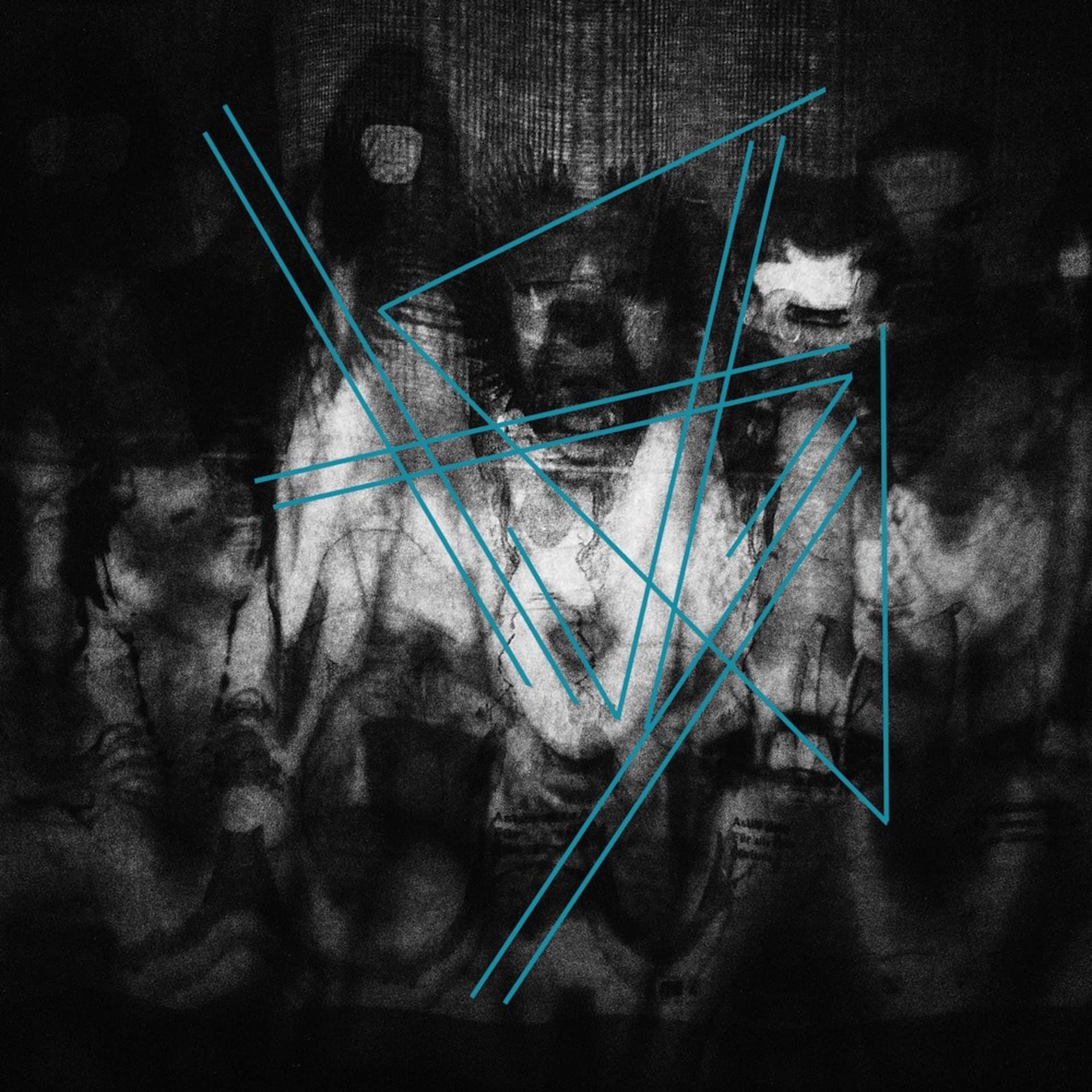
Divinity Within: Daniel Jones on Dalglish’s Niaiw Ot Vile
Chris Douglas’ long career—which includes working with the likes of Mike Banks and Autechre—culminates in his new album on PAN of intensely personal, complex audio landscapes, says Daniel Jones.
In Plato’s Phaedrus (now there’s an opening line sure to grab a young reader’s attention) he wrote, “The soul which has seen most of truth shall come to birth as a philosopher, or beauty lover, or fervent musician.” Sentimental though it may be, it’s also a truth itself. Sound has long often been a conveyer of intense emotion, and while many exchange soul-gratifying exuberance for brief amusement, others are using more oblique methods to translate their interior worlds. The complex audio landscapes of Chris Douglas span a period of twenty years and several aliases, but there’s a constant feeling of discovery and exploration throughout that keeps even the most academic and difficult of his works intriguing. Douglas uses the medium to express the truths he finds in himself and in the world around him; he keeps no separation between himself and the sounds he produces. To hear his work is to hear his world.
The ten tracks on his latest work Niaiw Ot Vile are some of Douglas’ most intense compositions. To the Pythagoreans, that ancient cult so closely influenced by the mathematics of music, ten was a number of divine significance. That religion might play a role in so complex and heavy an album is my own conjecture, though it’s not difficult to imagine after hearing it. Douglas has a knack for making the mundane and the familiar foreign to the ears, leaving the listener with the impression of hearing things not firsthand, but as from another’s memory—clouded, warped, and tinged with momentary mood. The hateful intermingled sound of cellphone/computer interference, a half-recalled snippet of chiming piano, the drone of the cosmos that lingers in unfocused minds… all these nebulous elements become instruments of structure by Douglas’ hand. Intriguingly, he chose to place his most revelatory tracks “Ciaradh” and “Oidhche” at the very end of each side, as though wishing to echo the structure of a (perhaps idealized) life by giving it the grandest ending possible. Maybe, though, he just wanted to drop his best shit on the outro. The glowing “Ciaradh” (Gaelic for “Twilight”) sputters and pulses like a universe being born, and it’s the first moment of the record in which the word ‘light’ can properly be applied without the prefix “complete absence of.” The perfection of “Oidhche” (“Goodnight”) finds its beauty through its simplicity. A slowly wheezing progression of oscillating drones, it has one or two precedents over the album (“Seit Nun“, for example) but wields an air of dignified, exhausted gravity that the closing of such a record should evoke.
As with religion, Niaiw Ot Vile also has an air of attempting to condense large ideas into smaller ones. Exploring the album is a bit like what I imagine cage-diving to be like. You’re encompassed by a vastness that’s almost impossible to comprehend, but you’re also restricted, trapped. The restrained yet unpredictable nature of the compositions keep them playing a balancing act: while releasing label PAN describe the record as “cavernous”, it’s a cavern viewed through a keyhole. Such a narrow view may, in fact, may be the best way to experience Niaiw Ot Vile. Certainly it’s a statement of immensity, but it’s also immensely personal in a way that makes it difficult to connect with on most emotional planes. While that might keep Vile at a distance for some, it makes reaching that connection all the more rewarding. ~
Dalglish’s Niaiw Ot Vile is out now on PAN.
Published November 11, 2013. Words by Daniel Jones.
